Concepts and digital methods for the climate- and water-resilient, sustainable development of cities and regions!
Due to increasing climate change and the associated challenges, such as how to deal with heavy rainfall events and urban heat islands, the concept of the sponge city was developed. This aims to collect, store and utilise rainwater. Despite the increasing demand for the implementation of sponge city and sponge region solutions, there is often a lack of specialised knowledge and skills and the increased use of digital methods to successfully plan and implement such projects. In order to close this gap, this further education format was designed, which uses concepts and digital methods to comprehensibly address the complexity of sponge projects and also takes into account the central role of digitalisation in terms of implementation.
Target group
The course is generally aimed at all interested parties and in particular at "stakeholders in sponge projects". These include people from companies (planning and architectural offices, manufacturers, service providers, craft businesses) or representatives of cities and municipalities (urban planning, water management, special purpose associations), authorities (district offices, state offices) or associations or research institutions.
Why should you take part?
Climate change is presenting cities and regions with new challenges: Heavy rainfall events, heatwaves and the sustainable management of water in both urban and rural areas require innovative project approaches. In addition, digital and AI applications are increasingly presenting specialists with new challenges. Expand your knowledge and skills to master the climate and AI challenges and make a contribution to your sustainable city/region.
The certificate course "Sponge city/region with associated digital methods" offers you the opportunity to further your education in an innovative and practice-orientated environment. Benefit from:

Flexible learning format:
Organise your own individual learning process! On an interactive learning portal, you select your learning content in individual subject areas, which you can customise to your personal needs and your existing expertise. With practical project examples, you can immediately apply your knowledge and the newly learnt digital methods in subsequent face-to-face lessons and online sessions.
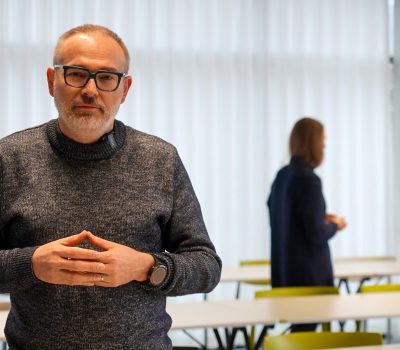
Practice instead of theory:
Modern technologies, such as augmented reality simulations and specialised software and analysis tools, make the content tangible and applicable. The complexity of the sponge city issue becomes understandable so that new projects can be successfully designed. Your specific questions from practice can be brought into the discussions and existing practical projects serve as examples.

Diversity through interdisciplinarity:
Benefit from an exchange with experts from the fields of architecture and planning, water management, urban development and administration as well as science and research.
AND: Get a taste of university life for a semester - as a course participant you have student status with all the benefits, such as the discounted Deutschlandticket.
Important information:
The course covers a wide range of topics, including the basics of the sponge city, digital simulation and analysis tools, water management planning, sustainable urban development and project management. The content is supplemented by practical exercises, case studies and the use of software tools to provide a realistic learning experience.
Dates & Key Facts
- Start on 01.10.2025
- Course duration 10 weeks (+ 1 week alternative follow-up)
- 60 teaching units (45 minutes each)
- Degree: Official certificate from Hof University of Applied Sciences (6 ECTS and thus a standardised assessment of academic achievement in Europe - can be credited towards a possible subsequent Master's degree)
- Event format in presence, live web courses via Zoom and e-learning as videos
Participation requirements
To take part in the course, you need one of the following prerequisites:
- A successfully completed university degree with interfaces to Schwammstadt, for example in the field of architecture, engineering, water, climate, as well as at least one year of relevant professional experience
- Completed vocational training and at least three years of professional experience
Procedure with table of contents
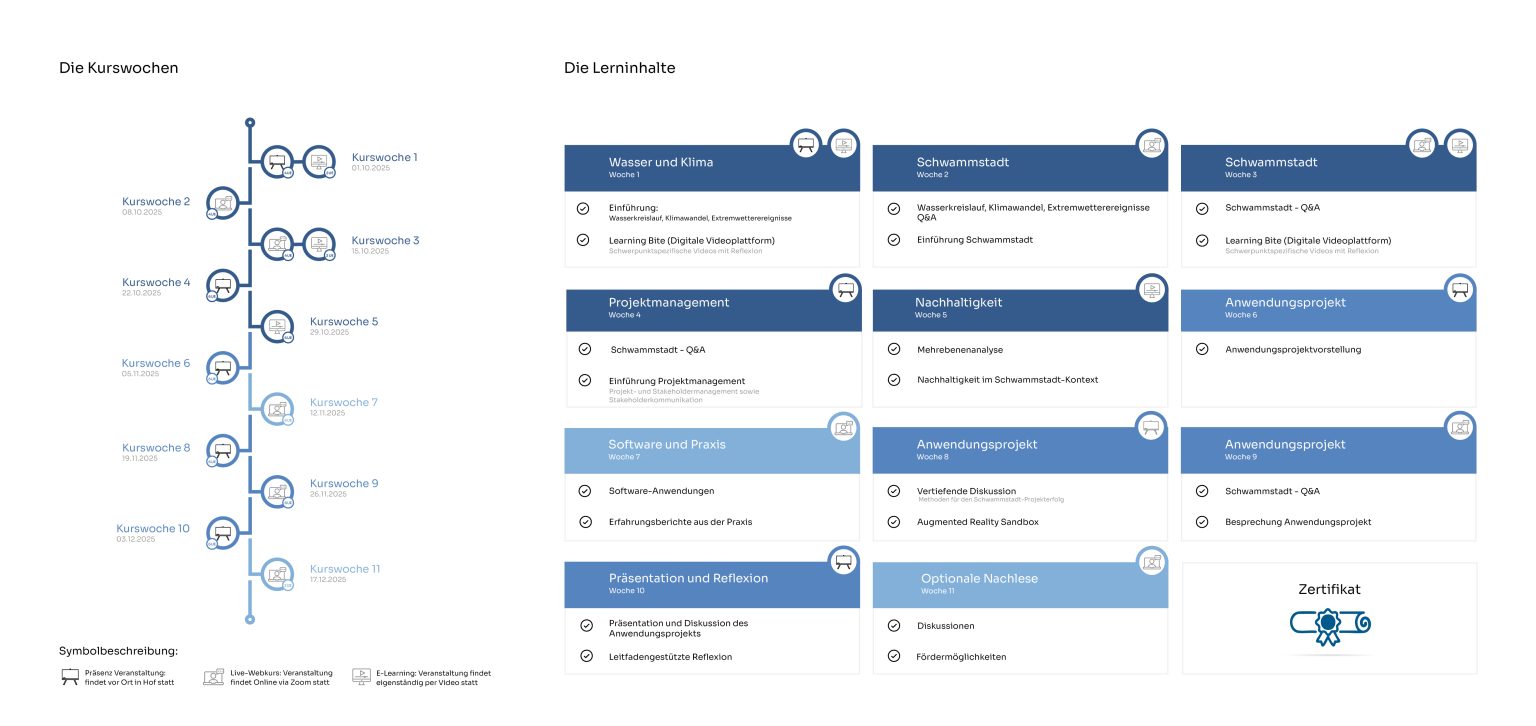
Lecturers
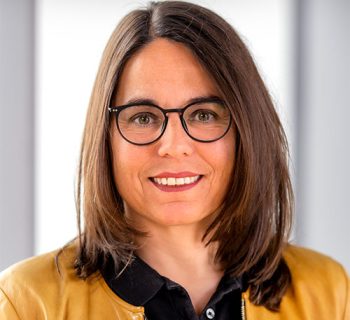
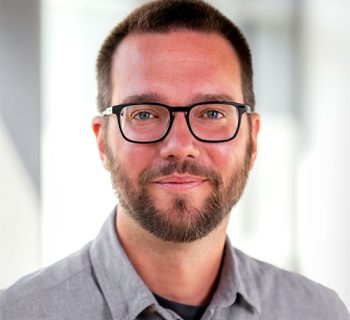
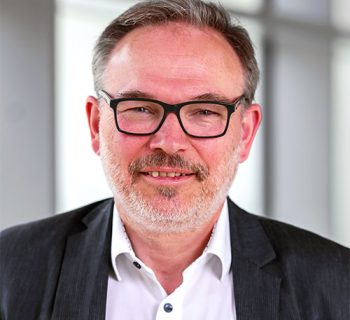
Prof Dr Manuela Wimmer
Research Group Leader
Sustainability and project management in water management (NaPro)
Dr Harvey Harbach
Research group leader
Resource-efficient food production in integrated aquaculture (ReLe)
Prof Günter Müller-Czygan
Research group leader
Water infrastructure and digitalisation (DiWa)
Registration
You can register for the certificate course conveniently via our online form (HERE).
**EARLY BIRD REGISTRATION UNTIL 01.05.2025**
Take advantage of the EARLY BIRD REGISTRATION until 01.05.2025 - here's how:
1) Write an e-mail to: ktns(at)hof-university.de
2) You will receive prompt feedback from us and in addition
3) Support with registration incl. EARLY BIRD seat reservation
Registration from 01.05. via the PRIMUSS-PORTAL (HERE)
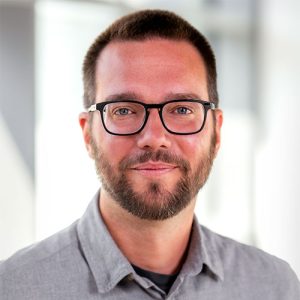
Start: 01.10.2025
Course duration
10 (+1) weeks
Costs
790 €
Credit points / ECTS
6